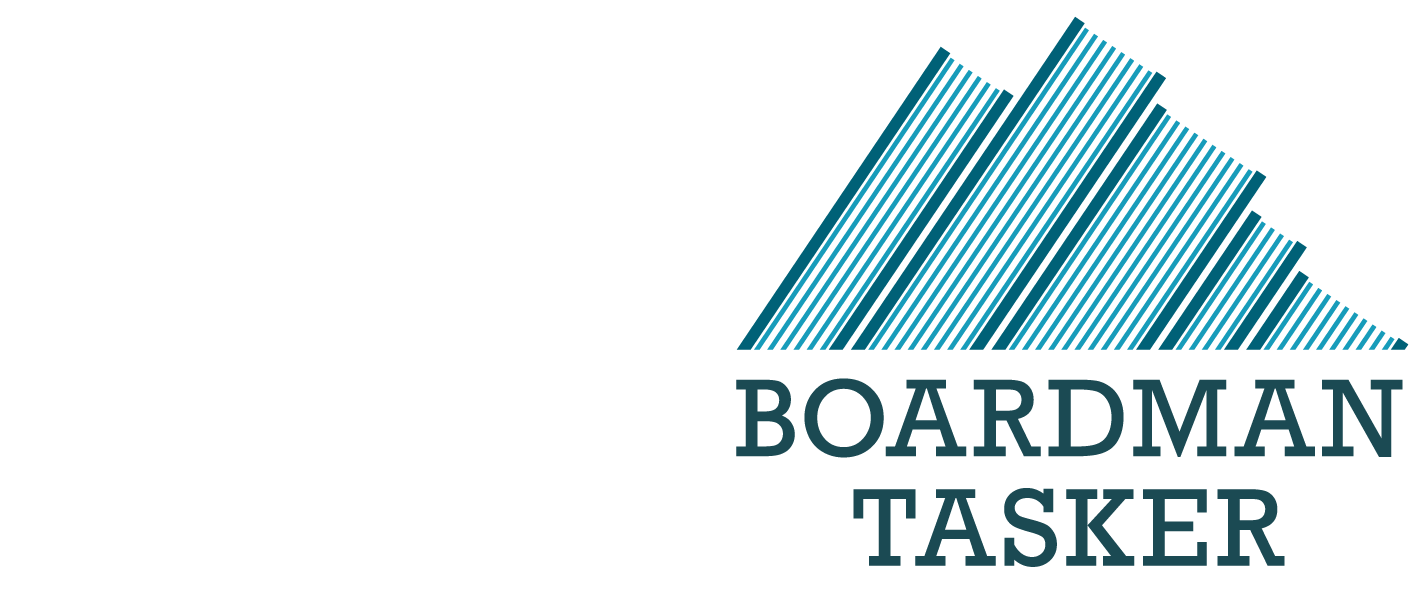Image © Ian Smith
Image © Ian Smith
In the autumn of 1969, I walked into the 'Salad Bar' within the Leeds Student Union refectory. Still a boy, straight out of school and away from my parent's home for the first time, I stood nervously before a group of men.
'Is this where the climbing club meets? I'm Brian'. I stuttered nervously.
'Aye, have a seat', came a reply with a smile. Piercing eyes held my attention. Locks of tawny straight hair brushed his broad bare shoulders, which burst out of a tight-fitting tank top. Ridiculously flared jeans poked from under the table.
It was my first meeting with Bernard. He had already studied Geology at Leeds for a year and was among the climbing club's most active and enthusiastic members. At first, his acerbic wit put me off, but I soon realised it was a front I had to break through before entering what became a unique brotherhood of elite climbers. We developed a close friendship.
Born in Birmingham, he studied geology at Leeds and became a vital part of the University climbing scene in the 1970s, developing into one of the club's top climbers. He also enthusiastically edited the club's journal, which has become a piece of mountaineering literature folklore.
While we climbed, Bernard quietly took photographs, which were never posed or intrusive. His photos were about the character's personality rather than just a spectacular shot. Almscliffe was our favourite venue, and one day, we carried a barrel of beer to the cliff to enjoy while climbing. That day, he took a classic photo, which he called The Barrel, showing the group of us relaxing after climbing. It captured the moment of that anarchistic era of the early 70's. As did his portrait of John Syrett on Early Riser and later the iconic composition of Steve Bancroft on Strapadictomy and the thrill and jeopardy of Andy Pollitt on The Bells.
Mutual friends at Leeds, including Roger Baxter Jones, Alex MacIntyre, John Porter and myself, all enjoyed alpine and later Himalayan climbing. But Bernard's steel fingers, honed on the Leeds climbing wall, preferred rock routes. He was a star boulderer before bouldering became popular and prior to the use of pads. He on-sighted Downhill Racerwhen it was regarded as a Peak District test piece, and he was the first person I saw perform a one-arm pull-up.
On a road trip in '73, we drove like maniacs in beat-up vans, surviving on cheap vin ordinaire and baguettes to the French Alps, Provence and the Calanque. These were gloriously happy days, which I shared with Bernard and the Leeds team, including Syrett, Powell, Stainforth, Porter, and MacIntyre. In the Alps, Bernard and I were partners on his first alpine route. The Grepon's Mer de Glace face should have been straightforward until a ferocious storm hit us. We sheltered in a derelict wooden bivouac hut as hail drilled down all day and lightning lit the night. The next day, we abseiled down the ice-plastered face, thinking our lives were about to end. I am uncertain whether Bernard ever ventured onto an Alpine climb again?
After graduating from university, his strong views on climbing ethics were put to good use as he worked as editor of Mountain magazine. When it stopped publication in 1992, he joined Mountain Review and then became editor of Climber magazine from 1998 to 2007. Meanwhile, he was editor of the Alpine Journal and vice-president of the Climbers' Club. In journalism, his photography skills were matched by his writing and editing skills. His visionary talents were displayed when he collaborated with Ken Wilson to produce the book Extreme Rock. As a commentator on climbing, his views (whether one agreed or not) were always rational and to the point. His opinion was sought-after, exemplified by joining the judging panel on the Boardman Tasker Award for Mountain Literature in 2011 and taking the role of Chair of judges in 2012.
To the end, he was active on rock, and it was on a climbing holiday in Spain with his wife Janine that he died of a heart attack.
So sad … one more member of the Leeds team has departed. Bernard, it was a privilege to spend so many happy times together.


